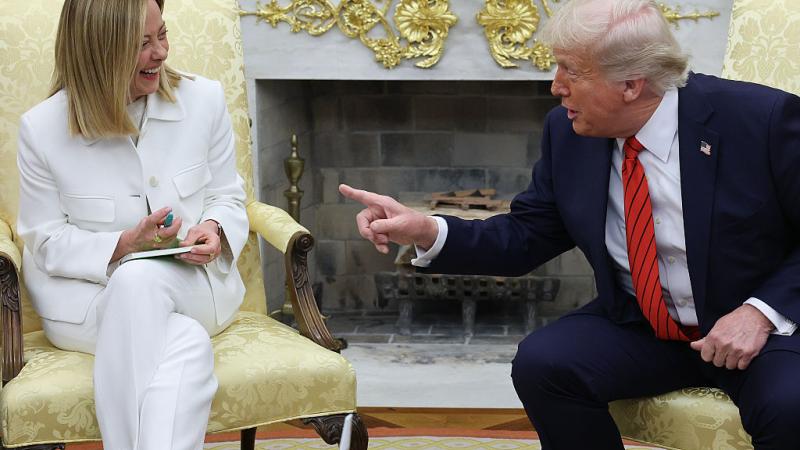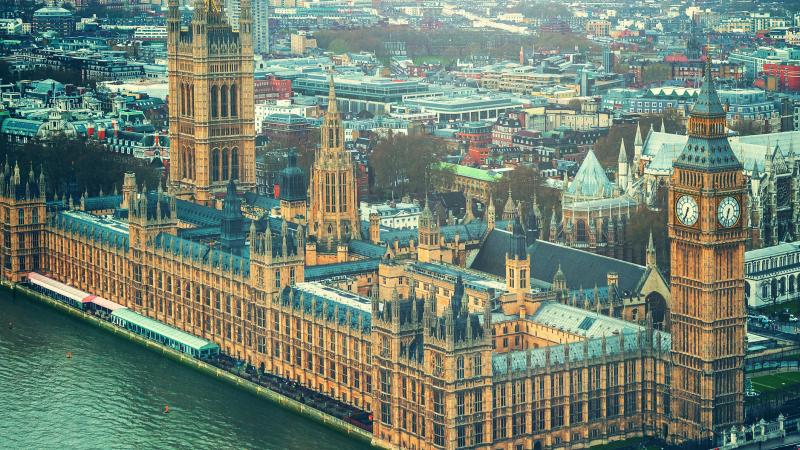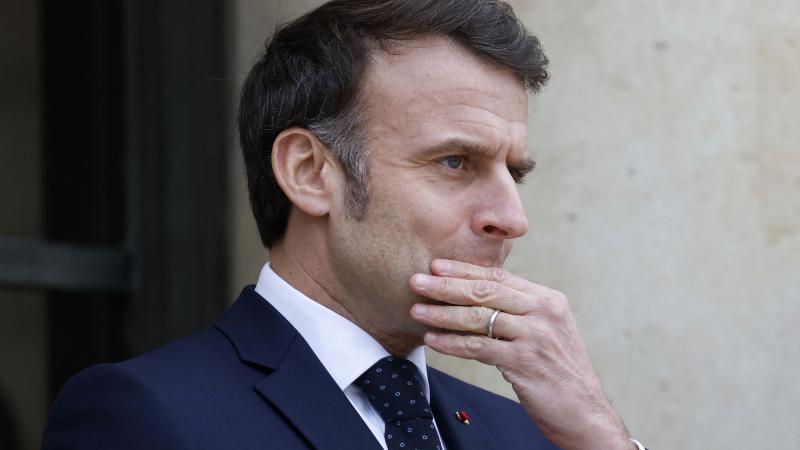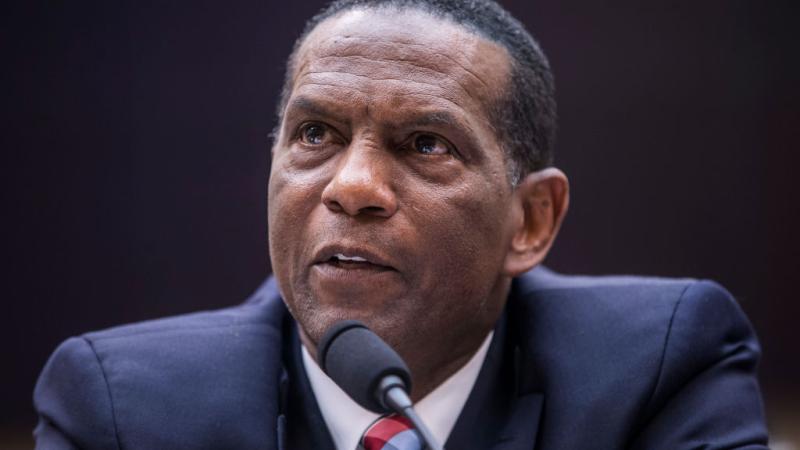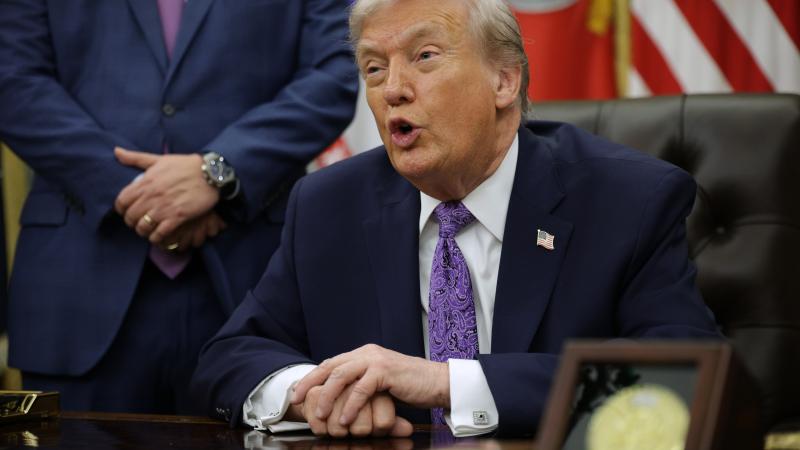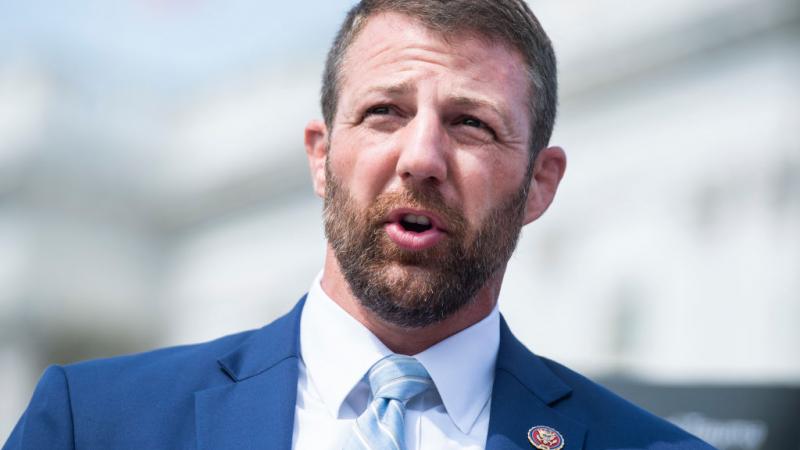Spanish prime minister calls snap election following his Socialist party's drop in polls
The elections were originally scheduled for the end of the year, but have been moved up to July 23.
On Monday, Spanish Prime Minister Pedro Sánchez said he would dissolve parliament and call for a snap election to take place in July, following his Socialist party’s drop in local polls as the right-wing takes the lead.
Spain’s general elections were originally scheduled for the end of the year, but after Sunday’s regional and municipal polls showed significant losses for the Socialist party, Sánchez announced his decision to move up the election to July 23, Politico reported.
Sánchez’s party is polling six points behind the center-right Popular Party (PP).
The prime minister said in a televised statement from Moncloa Palace, the official residence of Spain’s head of government, that he took personal responsibility for the Socialist party’s poor results in the municipal elections on Sunday. Nearly all of Spain’s largest cities were won by the PP, including Seville, a longtime Socialist stronghold.
“These results suggest Spaniards should clarify which political forces they want to take the lead,” Sánchez said, adding that the time had come for the people to “take the floor and define the country’s political direction.”
Sánchez is finishing his four-year term leading the country’s first coalition government.
According to Spanish law, the election must take place 54 days after the dissolution of parliament. While the PP’s candidates won most Spanish cities, they largely fell short of securing outright majorities. The PP will have to create coalitions with the far-right Vox party to gain control of city halls, according to Politico.
A significant number of Spaniards will be on vacation in late July during the national elections, when the country has also historically experienced long, deadly heat waves.
The elections are also scheduled to occur three weeks after Spain takes over the rotating presidency of the Council of the European Union. Thus, it is possible that the rotating presidency might start with Sánchez as prime minister but end with PP leader Alberto Núñez Feijóo in the office.

